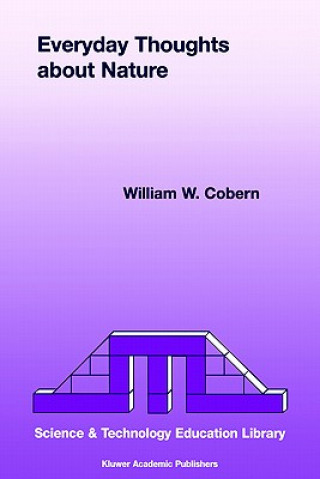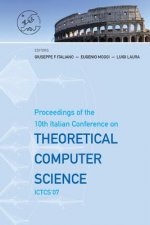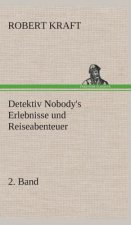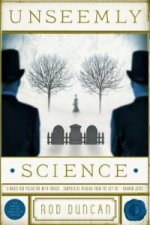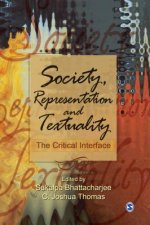
Livrare
Consilier de cumpărături





Nu se pretează? Nu contează! La noi puteți returna bunurile în 30 de zile
 Voucher cadou
orice valoare
Voucher cadou
orice valoare
Cu un voucher cadou nu veți da greș. În schimbul voucherului, destinatarul își poate alege orice din oferta noastră.
Everyday Thoughts about Nature
 engleză
engleză
 318 b
318 b
30 de zile pentru retur bunuri
Ar putea de asemenea, să te intereseze


Dr. Olcbee Lee SchoolofEducation, UniversityofMiami Coral Gables, Florida 33124 I remember my excitement and appreciation several years ago when I first read World View Theory and Science Education Research by Bill Cobern (1991). It was a comprehensive, theoretical discussion ofworldview theory in science education. I am delighted to see that Cobern has taken the next step to provide empirical accountsofworldview in Everyday Thoughts about Nature. . The primary goal of the book is to understand how typical- ninth grade students and their science teachers think about Nature or the natural world, and how their thoughts are related to science. In pursuing this goal, the book raises a basicquestion about the purpose ofscienceeducationfor the public: Should science education seek to educate "scientific thinkers" in the pattern of the science teachers? Or, should science education seek to foster sound science learning within the matrices ofvari ous cultural perspectives? (p. 3) The answer to this question becomes clear, thanks to Cobern's excellent research and persuasivearguments. First, this research takes a humanistic approach in understanding what students and teachers think about Nature "through the language and ideas voluntarily expressed" (p. I). The research used multi directional prompts and encouraged students and teachers to speak freely and at length in any directions they wished. This humanistic approach is stated clearly: "[T]he research seeks to illuminate some of the various ways in which students think aboutNature withoutjudging eventhe most unorthodox perspectives" (p. 14).
Informații despre carte
 engleză
engleză




 Cum să cumpăr
Cum să cumpăr















